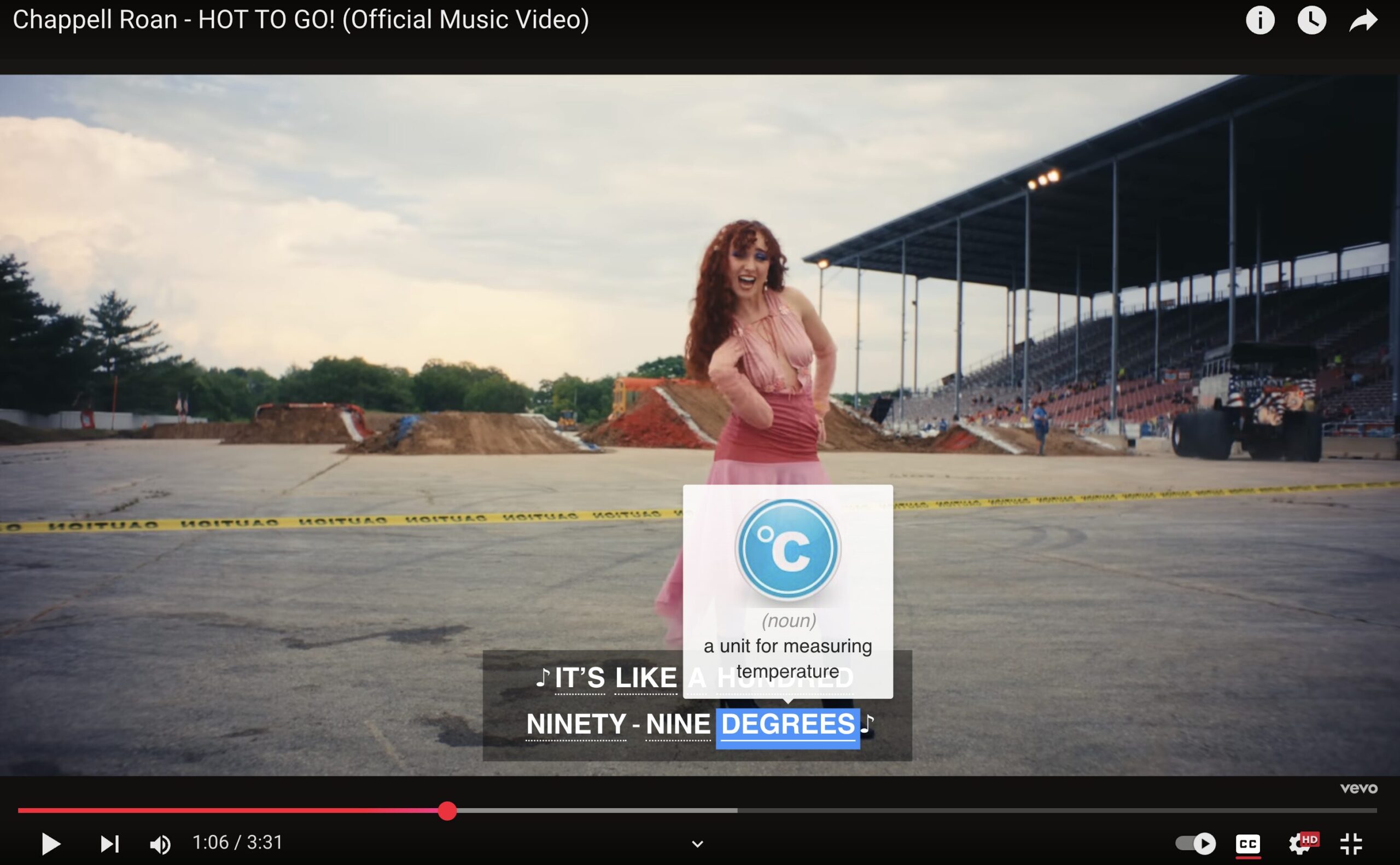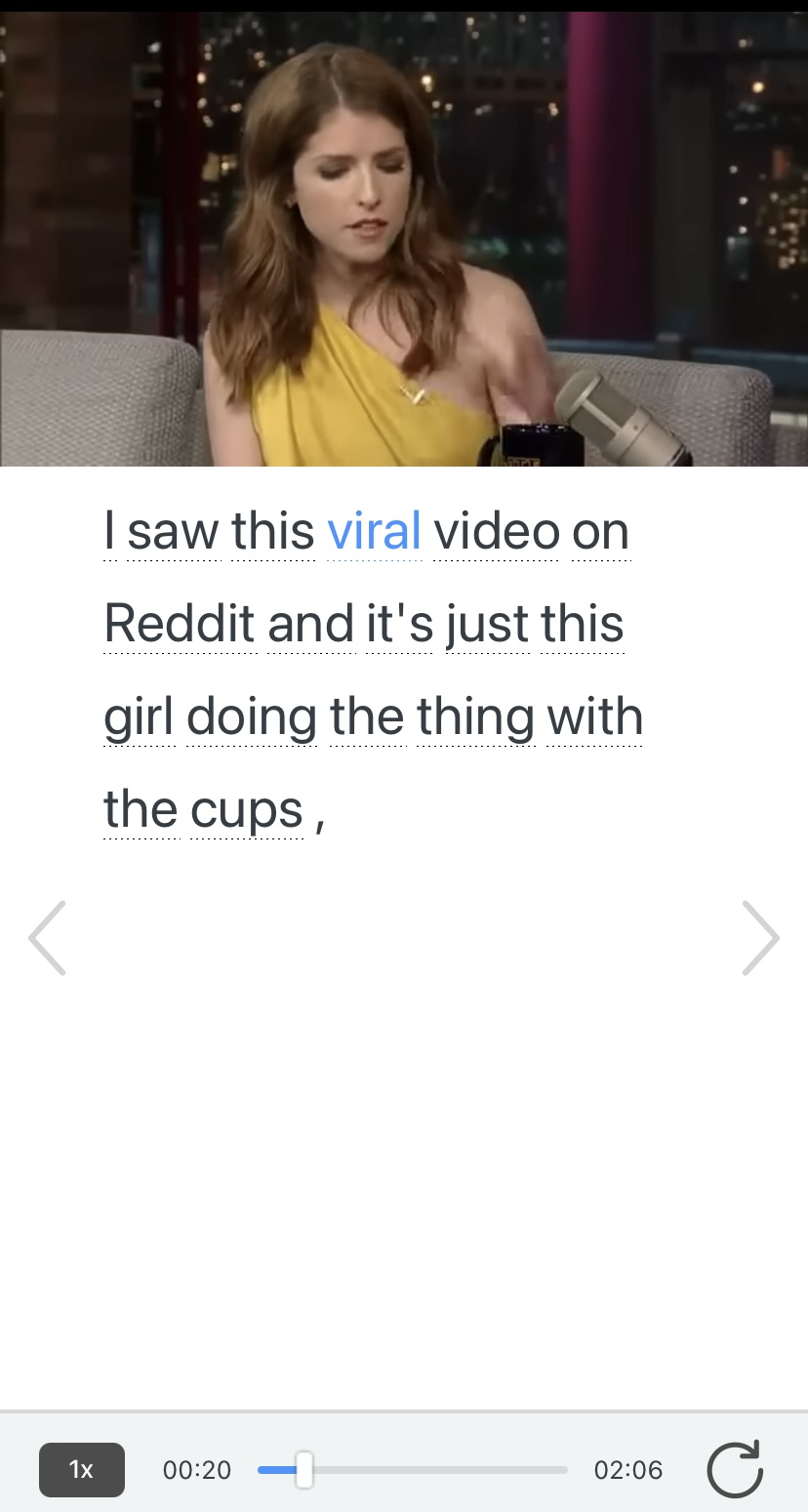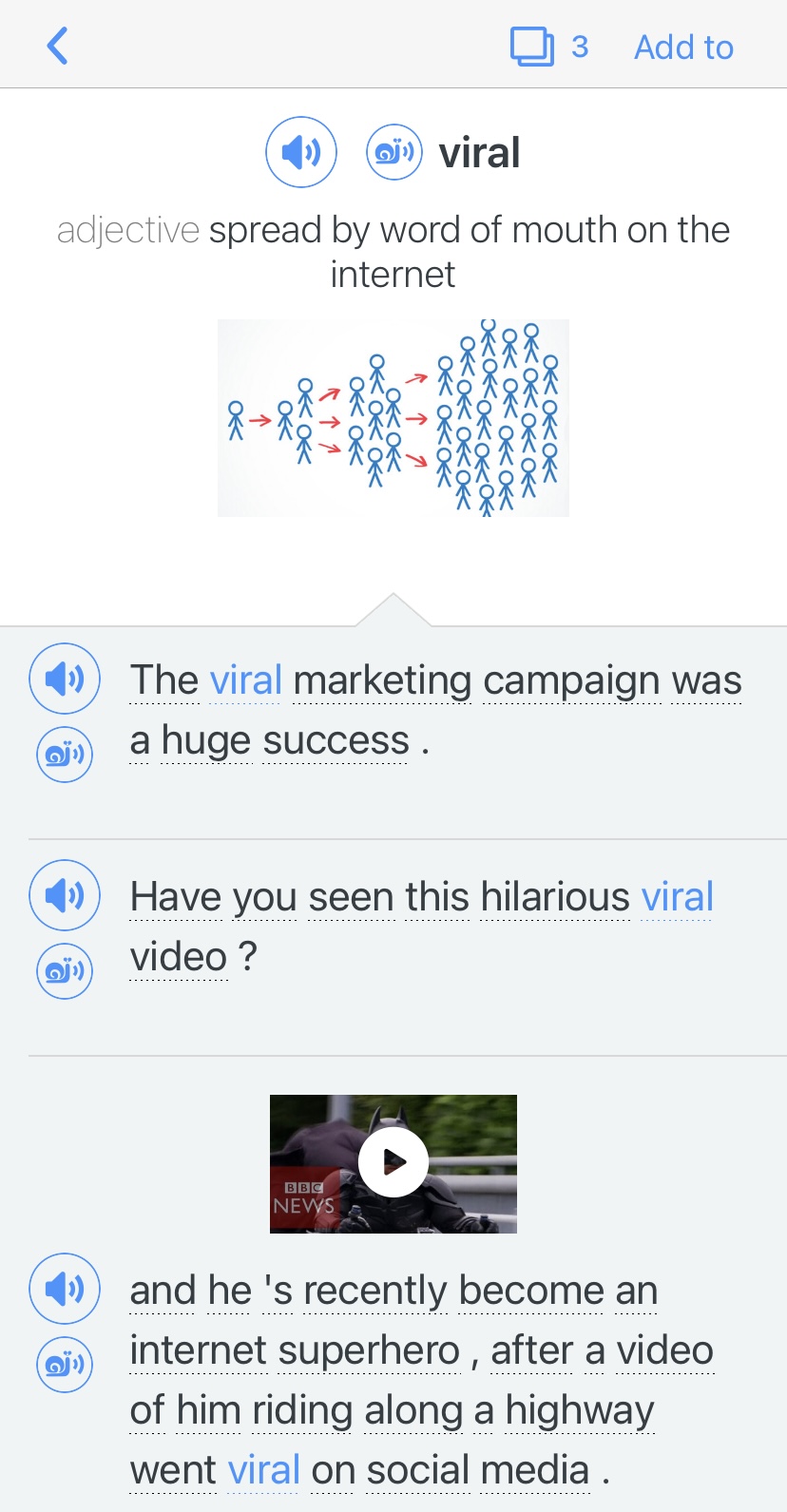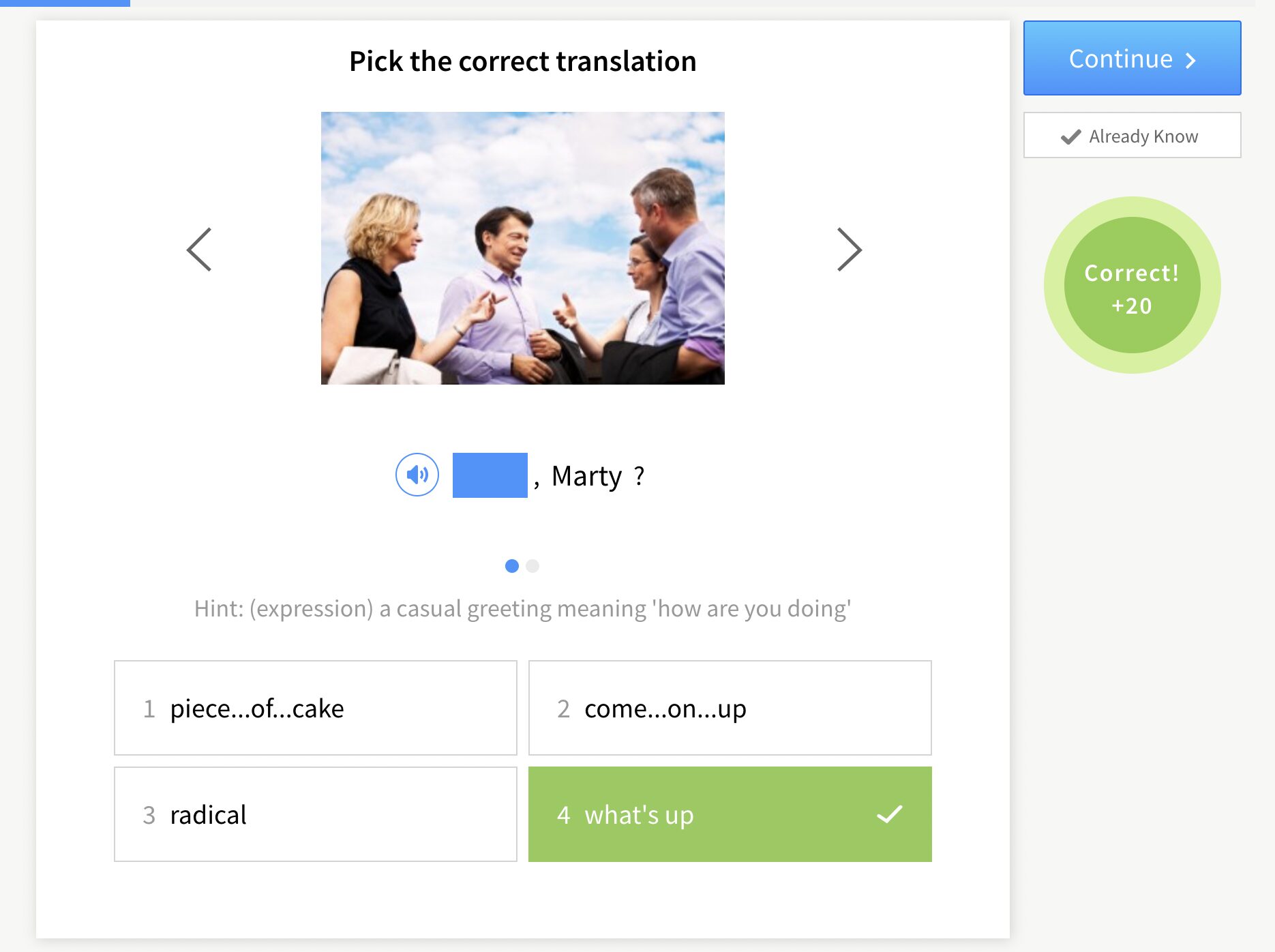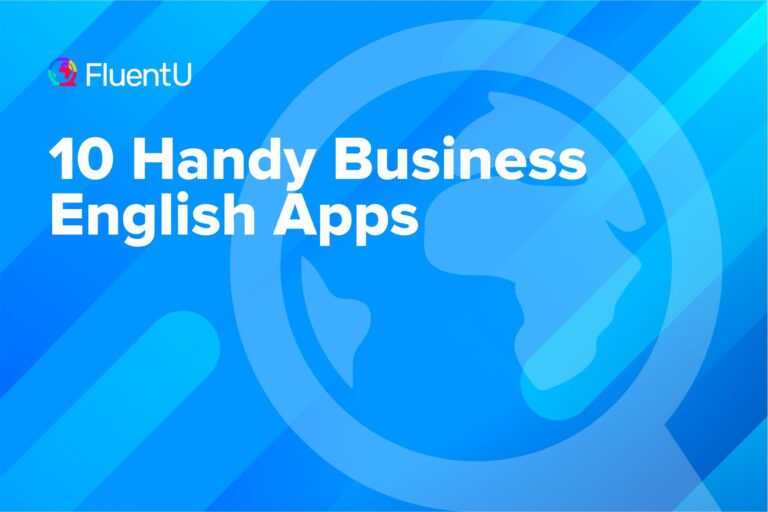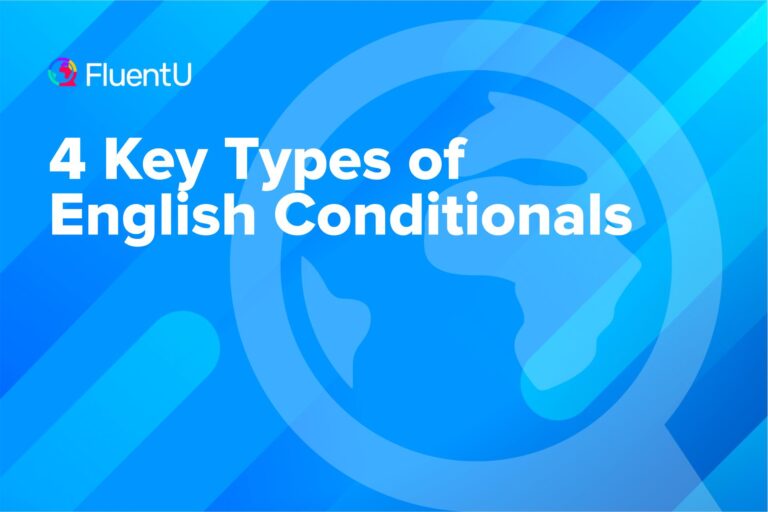36 Modern English Expressions And How To Learn More
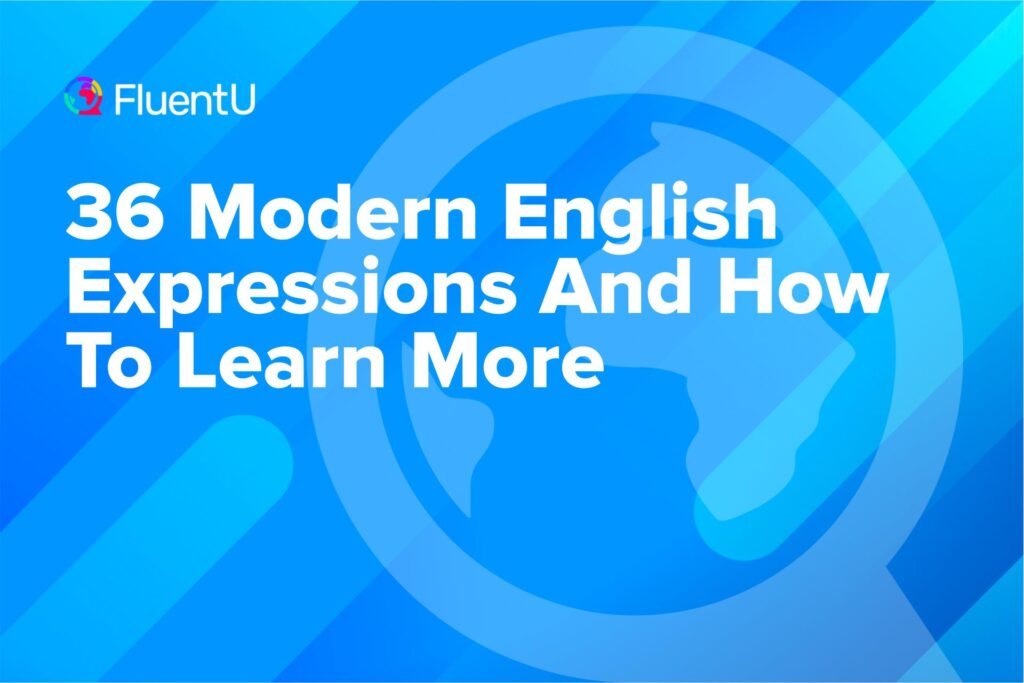
The English you hear on the streets (which is the English you want to speak) is different from textbook English. I’m the mother of an 11-year-old, so I get to hear a lot of modern expressions and words. I also keep up to date on my own generation’s modern English. Here are some key modern terms, and how you can learn more on your own.
Download: This blog post is available as a convenient and portable PDF that you can take anywhere. Click here to get a copy. (Download)
What Is Modern English?
Last week, I was reading the classic novel “A Little Princess.” It was written in 1905. The language of the book is English, but the English doesn’t sound the same as my usual English.
The narration and dialogue were filled with words and phrases I had never used or put together. It was weird!
For example, look at this line of description from the story:
“Presently, she lifted her face and shook back her black locks, with a queer little smile.”
None of the words are hard, but they aren’t written in a way that would sound natural to any modern reader:
- The author writes “presently.” Instead of that word, I would write “soon” or “shortly.”
- She uses the word “locks” where you or I would write “hair.”
- Worst of all, she uses “queer” as an adjective for “strange”!
In a modern story, the same sentence would look like this:
“Soon, she lifted her face and shook back her black hair, with a strange little smile.”
The lesson from this little exercise is that we need to use words in context—the context of the modern world. We need to know what words mean and how they’re used today. Otherwise, you’ll sound like a textbook. Or worse, you’ll make some offensive errors.
Modern English in the original sense is the English that we’ve been using since the 1500s. The language has changed a lot since that time, too. For example, a sentence written by Shakespeare in the late 1500s would look very different from a sentence written by Stephen King in the 2020s.
To an English learner, modern English is the type of language that you would use in everyday conversations. Because of the internet, modern English words and phrases change very quickly and frequently.
Modern English Expressions Used by Any Speaker
English is a constantly changing language and new words move in and out of the language very quickly. When a modern English word is still used a few years after it officially enters the language. These words can be said by non-native speakers without sounding odd.
Here are some modern English words and expressions that anyone could use. Note that some of these words have non-slang meanings, too, but their definition here is the modern one:
Hang out
Meaning: Spend time together.
Want to hang out at the park this weekend?
No worries
Meaning: It’s okay; don’t stress.
No big deal
Meaning: It’s not a problem.
Hit me up
Meaning: Contact me or reach out.
If you need anything, hit me up.
Go for it
Meaning: Take a chance and try something.
I think I’ll go for it, and apply for that job.
Binge-watch
Meaning: To watch multiple episodes of a show in one sitting.
We spent the whole weekend binge-watching that new series.
Catch up
Meaning: To get updated on someone’s life or events.
Let’s catch up over coffee sometime.
Salty
Meaning: Upset or annoyed.
She was salty that she lost the game.
Literally
Meaning: Actually.
I’m so hungry I could literally eat a horse right now.
In the zone
Meaning: Focused and performing well.
When I’m writing, I feel like I’m really in the zone.
Burnout
Meaning: Exhaustion from work or stress.
After working long hours every day, I’m feeling burnout.
Photobomb
Meaning: Spoil a photo by appearing unexpectedly.
He managed to photobomb every picture we took!
Cancel
Meaning: Stop supporting someone or something because of problematic ideals or actions.
The YouTuber was canceled for his negative remarks. No one supports him anymore.
Flex
Meaning: Show off, especially your muscles or wealth.
He loves to flex his new sports car.
Ghost
Meaning: To suddenly cut off communication with someone.
I thought we had a nice date but he ghosted me.
Vibe
Meaning: The atmosphere or feeling of a place or situation.
The café has a cozy vibe that I love.
FOMO
Meaning: “Fear Of Missing Out”; anxiety about missing social events.
I didn’t want to go to the bar but I agreed to it because of FOMO.
Level up
Meaning: Improve or advance to the next stage.
I need to level up my skills to get that promotion.
Influencer
Meaning: A person, often on social media, who has the power to affect other people, especially what’s popular and how they spend their money.
She’s an influencer with thousands of followers on Instagram.
Chill
Meaning: To relax or hang out; can also describe a laid-back person.
Let’s just chill at home tonight.
That cat is so chill, it just relaxes on the windowsill all day.
YOLO
Meaning: “You Only Live Once”; often used to justify risky behavior.
I can’t afford a new car, but I’m going to buy one anyway. YOLO!
Extra
Meaning: Over the top or excessive.
Her outfit is so extra today, she looks like she’s going to a rave.
Here are even more modern slang terms if you’re interested in learning more words like these:
330+ American Slang Words (with a Quiz) | FluentU English Blog
Learn popular American slang words with this guide, which covers must-know terms like “hype,” “bae” and “simp.” You’ll find these all over the internet (and even…
54 Creative British Slang Words for English Learners | FluentU English Blog
Learning British slang isn’t just fun, it can help you have conversations with people from the UK! Here are 54 must-know British slang words you can start using today.…
https://www.fluentu.com/blog/english/new-york-slang/
Modern English Expressions Mostly Used by Younger People
Many modern English words and expressions are used almost exclusively by the younger generation. They’re often created on the internet and spread quickly. Often, they leave the language just as quickly. Using any of these words as a non-native speaker or even as someone older than about 30 may sound strange and unnatural. I’m 37 years old, and my 11-year-old would not let me say these words in real life, because I would make them sound “uncool”!
It’s still useful to know these words to understand conversations and discussions online. Below are a few words and phrases that are popular at the time of writing. Keep in mind that they might change in meaning over time or even stop being used completely!
Bet
Meaning: A confident way to agree or affirm.
“Can you come to the beach tomorrow?”
Bussin’
Meaning: Very good or delicious, especially with food.
Sus
Meaning: Suspicious.
Mid
Meaning: Average, neither good nor bad.
Rizz
Meaning: Charisma, especially when flirting.
He’s not very good looking but he still has so much rizz.
Lowkey
Meaning: Secretly or not obviously.
I’m lowkey obsessed with this hat, I’ve been wearing it every day.
Savage
Meaning: Bold or daring.
Woke
Meaning: Socially aware, especially about injustice.
She shares a lot of political news on Facebook to show that she’s woke.
Slay
Meaning: To do something really well or look great.
Slay, queen! You look amazing in that dress!
Lit
Meaning: Cool or exciting.
Throw shade
Meaning: To insult someone.
She threw shade at her ex during the interview.
Cap / No cap
Meaning: To lie/to be truthful; “no cap” means no lie.
That’s cap, I know you’re lying.
Boujee
Meaning: Pretentious.
They’re so boujee, always dining at fancy restaurants.
Tea
Meaning: Gossip or news, often juicy or scandalous.
They broke up? What happened? Spill the tea!
Tips to Keep Up to Date with Modern English
If English changes so often and quickly, how can you keep up with it all? Here’s a brief guide for how to keep up to date on modern English:
- Watch real English content: FluentU lets you watch videos that native English speakers actually watch, so you’ll get to hear all kinds of modern English expressions and phrases used in context.
FluentU takes authentic videos—like music videos, movie trailers, news and inspiring talks—and turns them into personalized language learning lessons.
You can try FluentU for free for 2 weeks. Check out the website or download the iOS app or Android app.
P.S. Click here to take advantage of our current sale! (Expires at the end of this month.)

- Check new dictionary words: A good way to check if it’s okay to use a word is to check an official dictionary, like Merriam-Webster or Oxford.
- Read articles: Especially read funny articles since they use English casually. Writers want to sound cool and interesting, and they want their articles to be readable (easy to read), so they won’t use difficult words.
- Use social media: When a new word becomes popular, you’ll start seeing it in online conversations. Keep in mind that different social media sites are used by different age groups, and the language will reflect this. For example, Facebook is used by older people, while Instagram is more of the younger generation.
- Watch short-form videos: Shorter videos are more likely to contain the latest vocabulary, so you’ll find the most modern English terms on TikTok, X (formerly Twitter) and YouTube Shorts. This is because they take a shorter time to make, so they show currently used words more accurately.
- Join a community: Communities like like Reddit and Discord, where people write and speak casually are great places to hear new language in use. In person, meetups and other community gatherings with people the same age as you are also great for heading natural modern English.
Keep the general age of the account owner in mind, because their language will reflect this. Basically, if you see a teen or pre-teen using a new word you don’t know, it might be a word that only the younger generation uses—especially if you don’t hear the word used by older people. If you are a teen or pre-teen, you might not want to use the modern slang that’s used by older people!
Popular songs, TV shows and movies are another media resource where you can find modern English. Since these take longer to create, they can help you see which words have been accepted into typical English.
Learning modern English is an important part of sounding natural. Keep up to date with new English words and phrases and how they’re used by the different generations. This will help you sound more like a native English speaker!
And One More Thing…
If you’re like me and prefer learning English on your own time, from the comfort of your smart device, I’ve got something you’ll love.
With FluentU’s Chrome Extension, you can turn any YouTube or Netflix video with subtitles into an interactive language lesson. That means you can learn from real-world content, just as native English speakers actually speak.
You can even import your favorite YouTube videos into your FluentU account. If you’re not sure where to start, check out our curated library of videos that are handpicked for beginners and intermediate learners, as you can see here:
FluentU brings native English videos within reach. With interactive captions, you can hover over any word to see an image, definition, and pronunciation.
Just click on the word to see other example sentences and videos where the word is used in different contexts. Plus, you can add it to your flashcards! For example, if I tap on the word "viral," this is what pops up:
Want to make sure you really remember what you've learned? We’ve got you covered. Practice and reinforce the vocab from each video with learn mode. Swipe to see more examples of the word you’re learning, and play mini-games with our dynamic flashcards.
The best part? FluentU tracks everything you’re learning and uses that to create a personalized experience just for you. You’ll get extra practice with tricky words and even be reminded when it’s time to review—so nothing slips through the cracks.
Start using the FluentU website on your computer or tablet or, better yet, download our from the App Store or Google Play.
Click here to take advantage of our current sale! (Expires at the end of this month.)

